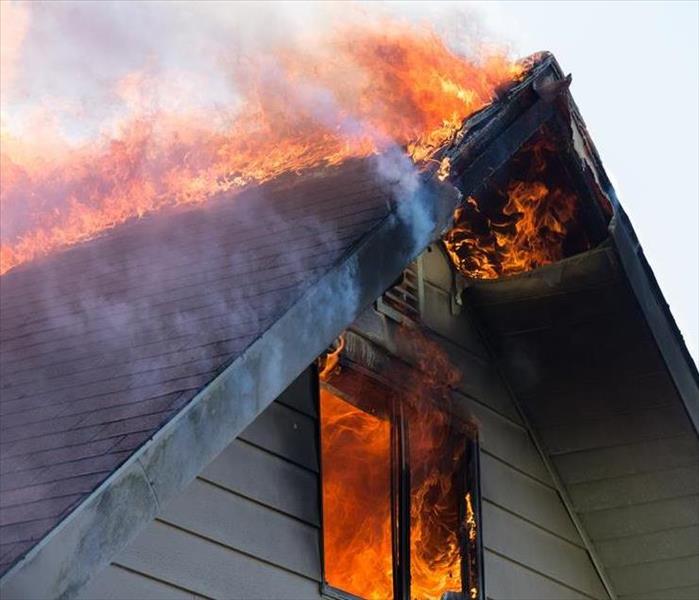What Is Your Plan? | SERVPRO® of Lake Geneva
1/9/2024 (Permalink)
House fires can be a devastating event. Even a small fire can leave a portion of your home scorched and unusable, and it can be terribly scary to live through. Many house fires are preventable, but even when they are not, when you have a plan, you can avoid a total disaster.
Your house is your sanctuary, and you deserve to always feel at ease when you are home. You and your family need to know that no matter what happens you will all be OK. So, what is your plan?
Map It Out
The best way to be prepared is to sit down with your family and talk about emergency situations. This isn’t only a good practice to do for fires, but for any time something scary or otherwise out of the ordinary arises. Preparing even the youngest of your children can help them react appropriately and even save a life.
When it comes to planning for a fire emergency, start by sketching out a map of your home. Make sure you include a map for each level of your home, as well as all the sleeping spaces. Have your kids compete with one another to see who can safely exit each area of your home the fastest. Once you have established the best route out from across your house, write it down. A plan is easier to remember and practice when it is on paper.
Along with mapping out your exit routes, be sure to include a safe meeting location outside of your home. It should be somewhere that everyone can get to, even when it is dark. Use this location in regular play time with your kids—base for tag, a pretend clubhouse, something to make them completely comfortable with that space.
Practice Makes Perfect
Once you have mapped out exit routes and written your emergency plan down together as family, plan a practice run. This is something you should do monthly, and at least once a year, you should practice exiting your home at night. Fires don’t keep a schedule, so it is best to practice as many different scenarios as possible.
Combine checking your smoke detectors with your exit plan practice runs. That way everyone in your home can hear the alarm and will know what it means—plus, you know that your smoke detectors are in good working order. You should have working smoke detectors on every level of your home and outside of every sleeping space.
Talk to your nearest emergency contact when you are going to have a fire drill, and let them know you or one of your family members is going to call them to let them know everyone is OK. This is an ideal way to make sure your children can reach out to a neighbor or other trusted adult if something happens and you are unable to be with them. Spend time teaching your children how to call 911 if they are old enough, and make sure they can give basic information about where you live.
When it comes to keeping your family safe, you need to know that you have done everything you can. Remember to keep things light in order to
not introduce too much fear, but ensure that everyone calmly understands what to do. With a well-rehearsed plan, you can rest easy.
Have you experienced a fire disaster in your home? Call us for fast restoration.




 24/7 Emergency Service
24/7 Emergency Service